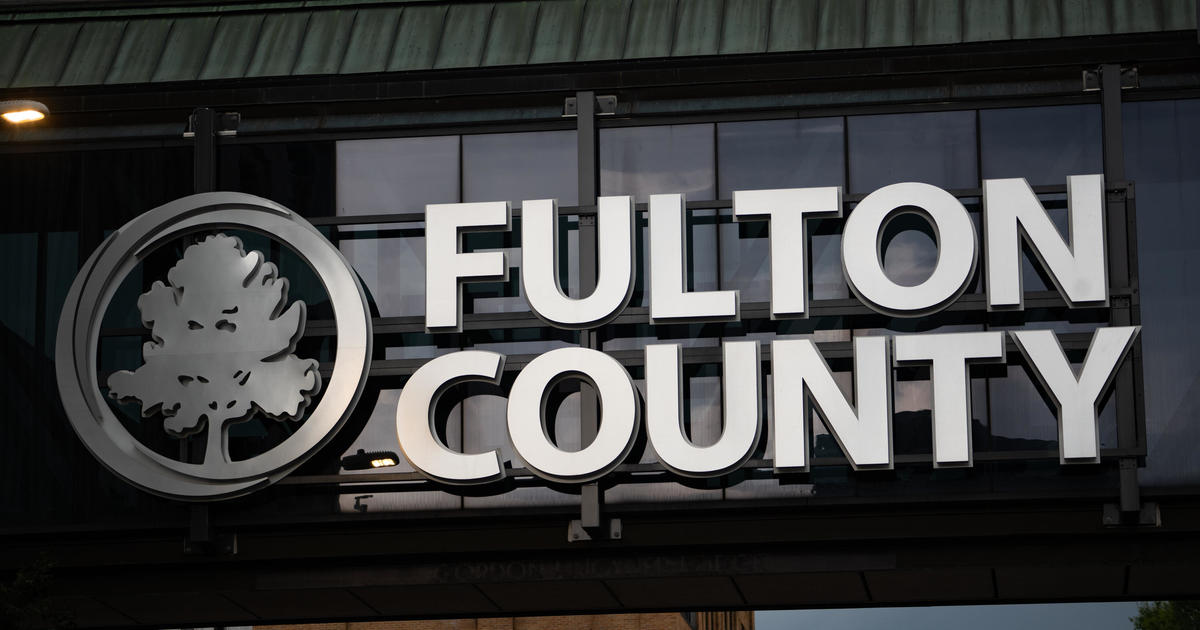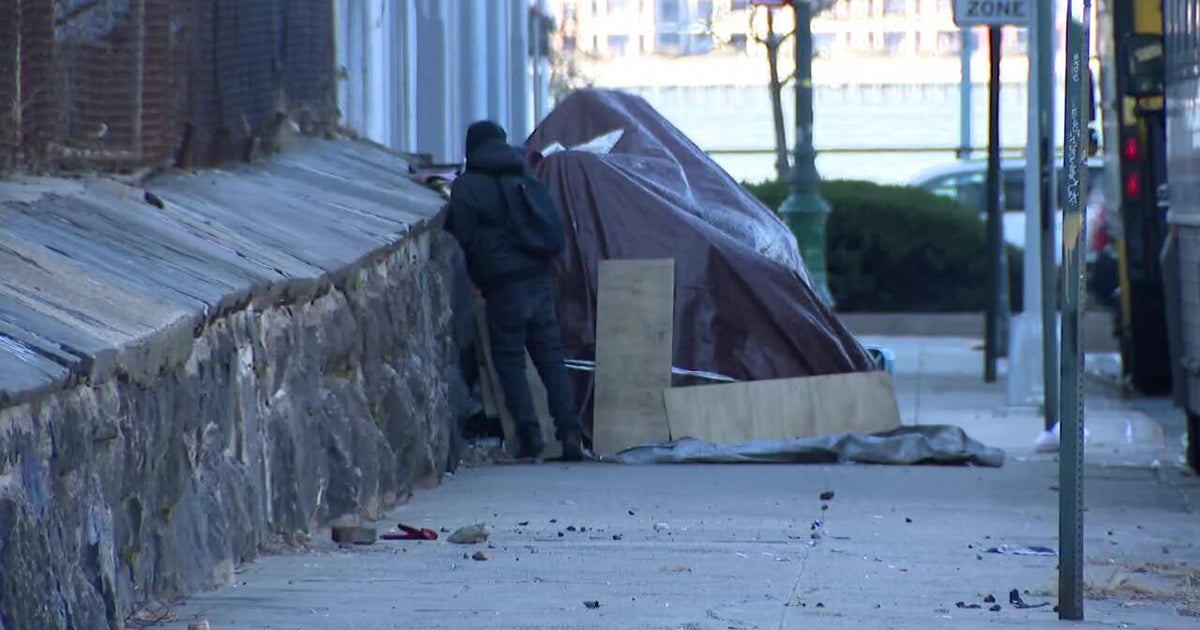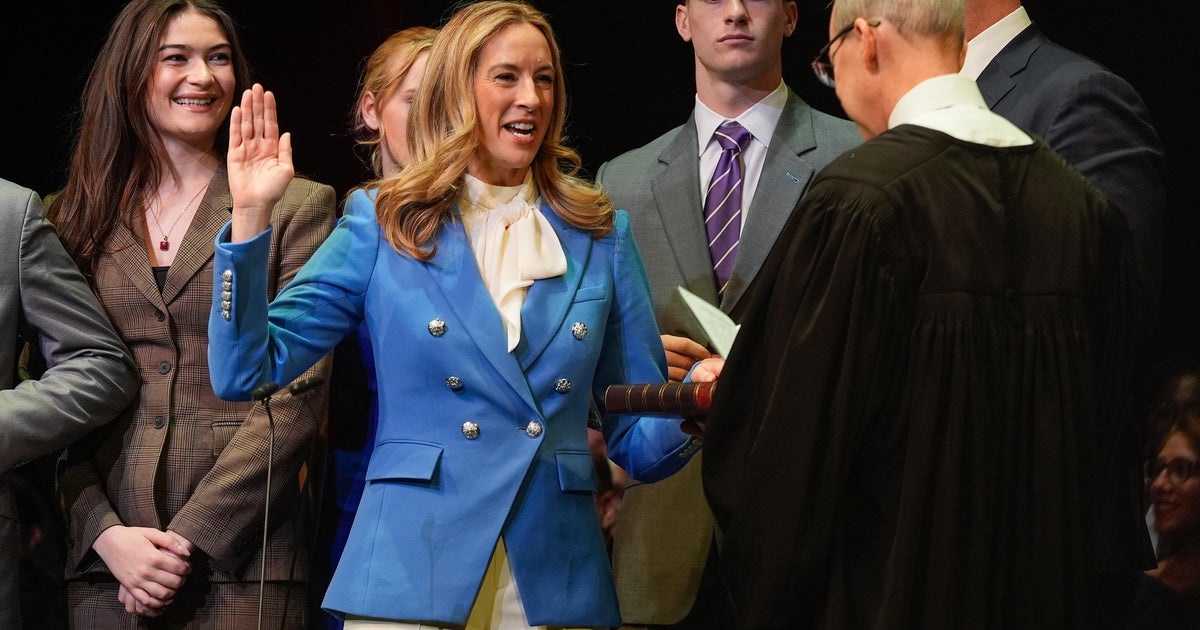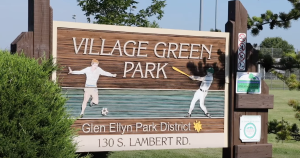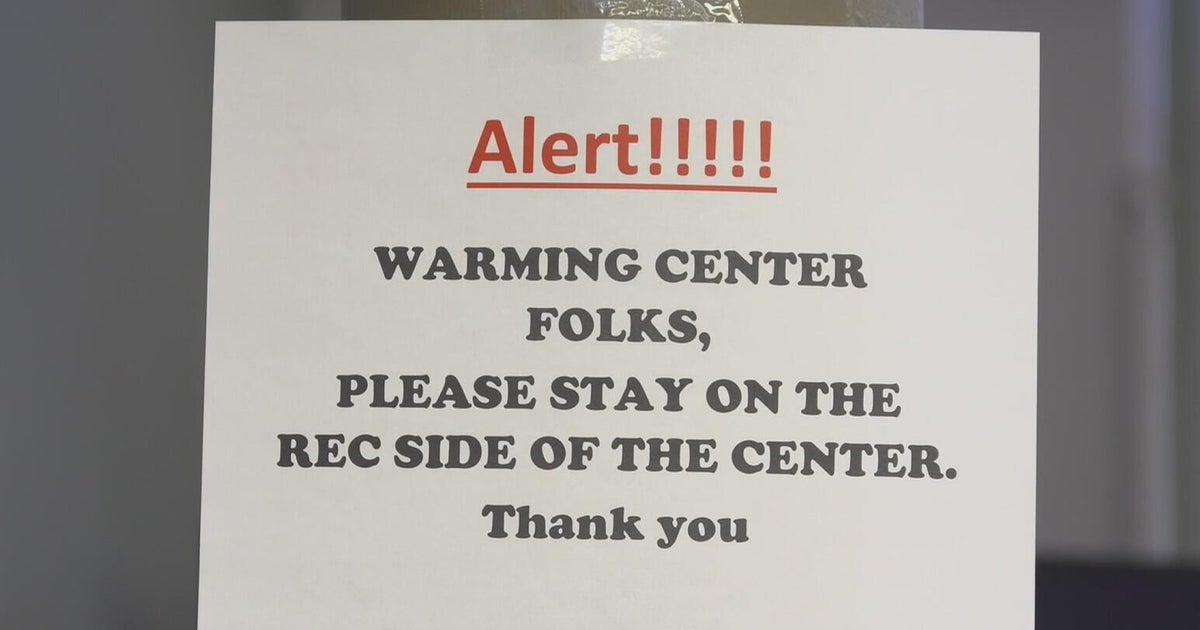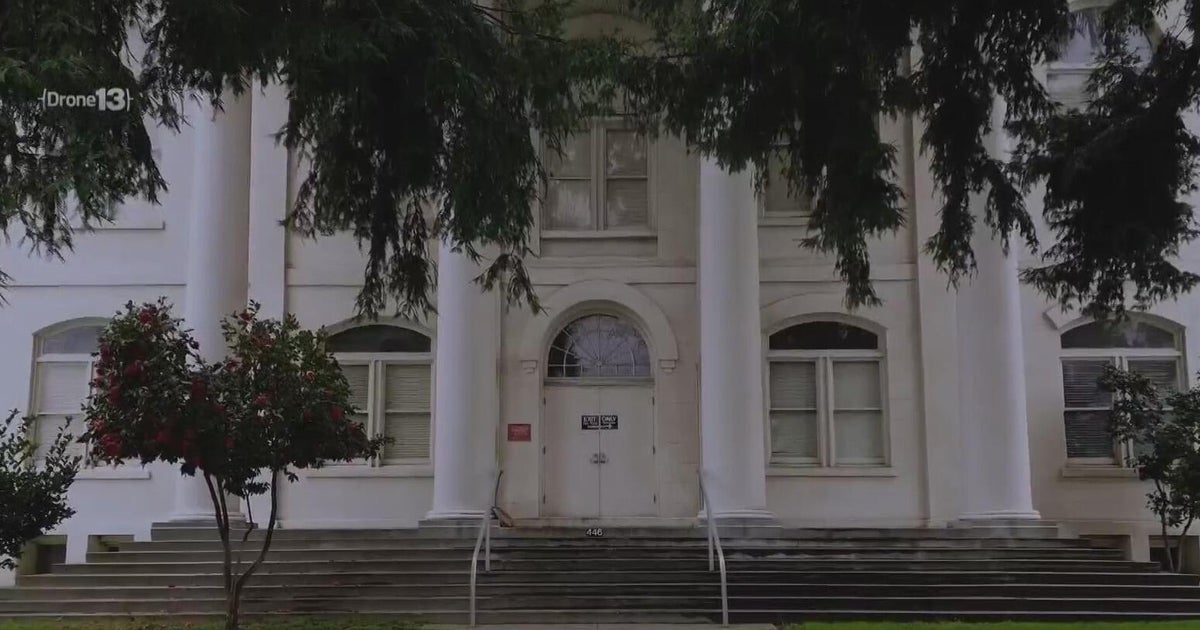Miami-Dade Mayor Daniella Levine Cava working on affordable housing, waste management
MIAMI - Miami-Dade Mayor Daniella Levine Cava will give her State of the County Address on Wednesday, which will be part progress report and part vision for the future.
One of the biggest issues she's had to confront since taking office, as first-ever woman mayor in the county, is the lack of affordable housing.
CBS Miami's Betty Nguyen sat down with Levine Cava to discuss what's being done about it.
"So, we unfortunately have New York prices without New York salaries. So, we have to find a way to help people get across that, that hump so that we do not lose them," said Levine Cava.
She said the idea is to build up, not out, and create housing where it makes sense.
"We've got these transit corridors where you can build with fewer parking spaces that brings down the cost and that in turn can translate to savings. Those properties are extremely desirable and highly competitive to get into, property like down US-1 along the Metrorail line, and we're moving forward on other transit corridors, the northeast, which is where Brightline travels, and the north to the Hard Rock Stadium," she said.
There's also the "Homes 2.0" plan that Levine Cava is preparing to roll out soon.
"We are looking at more innovative imaginative ways to increase the supply of housing and keep housing affordable. For example, we are hoping to purchase some new campuses for county government that have space for housing development. If we can move some of our workforce into those campuses, then some existing county buildings could be converted to residential," she said
"We put together a compendium of programs called the Homes Plan," she added. "What we did is we said to landlords, please, we will pay you a certain amount of subsidy if you will keep the rent stabilized. We're not allowed by Florida law to do rent control, but we know that landlords have increased costs, but we don't want them to go sky high and just base it on the market."
As part of the checks and balances, Levine Cava, "We also created an eviction prevention program and we put in place legal representation that could really make a difference where you're negotiating with the landlord."
The county is also facing backlash for a public bus system that has eliminated hundreds of stops and sparked protests. The mayor said the change was necessary.
"We have not updated our bus routes in 40 years. We had lines that were very underutilized, and we had routes that were very crowded. My predecessor wanted it to be cost neutral, which would have eliminated more routes. So, we really were very sparing. We simply said we're going to have more frequency on the routes that are gonna get more people to job centers, to their study centers, universities and, and, and high schools. We will be making some new alignment changes in the next couple of months," she said.
Another major issue for the county is waste management and where to build a new trash incinerator after their previous one in Doral burned down last year.
"We're in the process of hiring a new permanent director of our olid waste management department. We're adding a sustainability expert to the department. We're focusing on zero waste strategies, more reducing waste, recycling refuse, as well as what you do after with the garbage. And we did propose, and we identified three priority sites. We're air modeling all three and that's well underway. We expect to get the results of that within the near future, then that will go forward and there'll be a determination by the board which site, but we haven't waited for that to hire an expert to help us design a facility," said Levine Cava.
The three priority sites include rebuilding where the incinerator burned down in Doral, building a new one at industrial community in Medley, or build it at the former Opa-locka West Airport site, which is right next to the Broward County line with a direct effect on residents in Miramar.
Unlike the Doral site, where residents chose to build homes around an incinerator already there, the residents of Miramar created neighborhoods, schools and a densely populated community never imagining a Miami-Dade County garbage incinerator might be built near their backyards.
Nguyen pressed the mayor on her response to Miramar residents who feel this is literally dirty politics.
"Nobody wants a trash facility in their backyard," she replied. "These modern trash facilities are extremely clean, all kinds of scrubbing devices. What we visited in Japan is neighborhoods, the West Palm Beach facility is in a neighborhood with homes in close proximity. There's been no indication of any health risks. On the other hand, we want to prove that. We want to be sure that we have the data that we have the evidence. We also want to be as modern as possible. It will be eight to 10 years until this is built. We don't want to have old technology. We want to have the best," said Levine Cava.
When asked if the Medley site is a better option because it is in an industrial community with a low residential population, Levine Cava said, "Well, it is one of the top three. There are many, many factors. Cost is a factor. They are selling us that property versus the airport west site, which is county owned. The Doral site is also county owned. So that is a factor. Also, it is in as close proximity to residences as the Doral site in some regards. So, it might have a lower concentration, but there are homes. The airport west site is actually the furthest from any residential communities and we did take into consideration Broward as well as Miami-Dade. We didn't just think of our own county residents."
"So they're all in the mix - cost, long term affordability, long term viability. Actually, that site (Medley) is not as large, of course as the airport west site, which has a capacity for more things to happen on that site. It requires some fill. It would be built on fill. Some people have concerns about that. So again, many, many factors, but it is one of the top three," she added.

